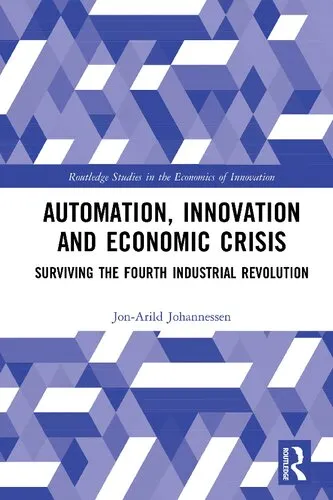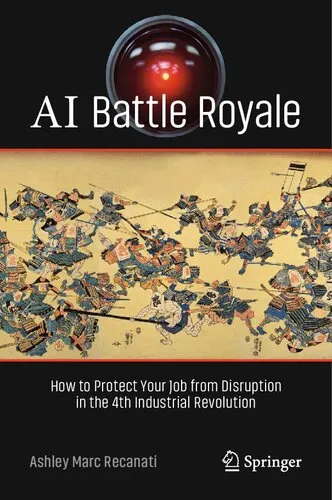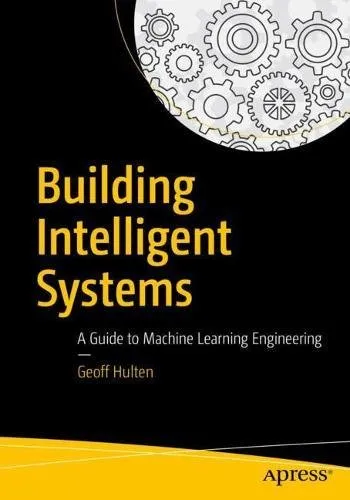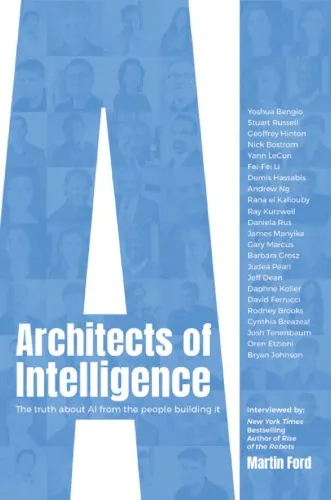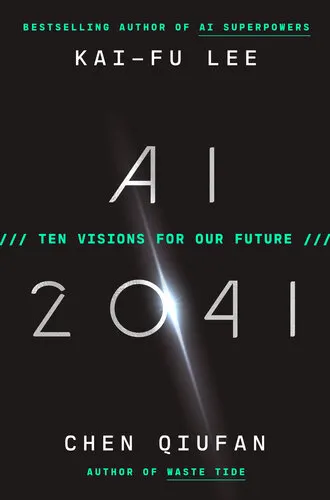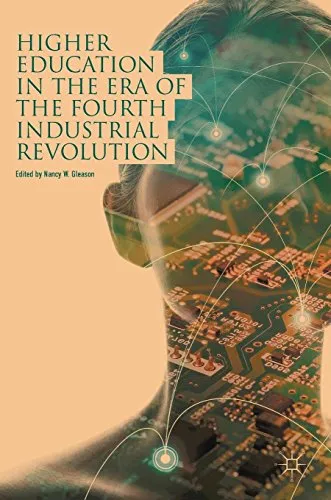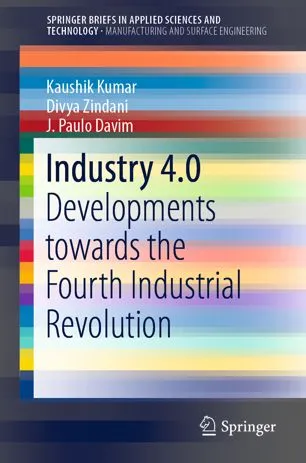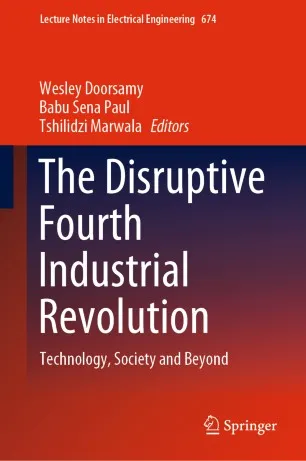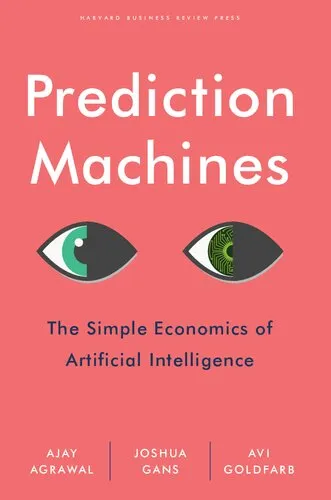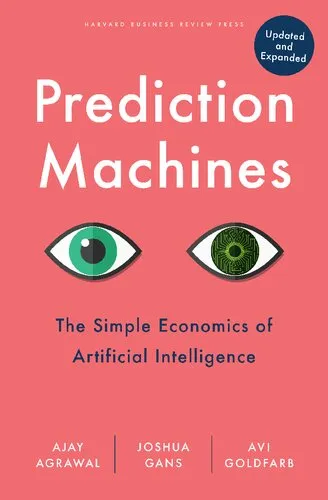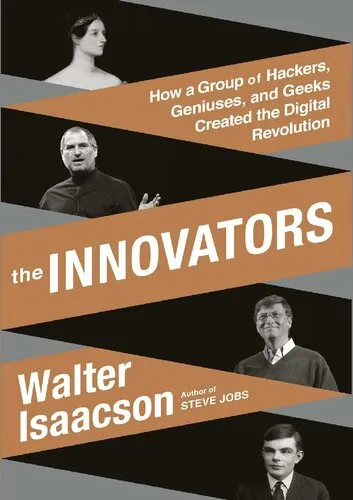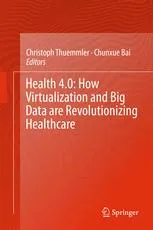Automation, Innovation and Economic Crisis: Surviving the Fourth Industrial Revolution
4.3
Reviews from our users

You Can Ask your questions from this book's AI after Login
Each download or ask from book AI costs 2 points. To earn more free points, please visit the Points Guide Page and complete some valuable actions.Related Refrences:
Welcome to the world of "Automation, Innovation and Economic Crisis: Surviving the Fourth Industrial Revolution" by Jon-Arild Johannessen. This book serves as a lighthouse for navigating the transformative tides of our modern economic landscape. As we find ourselves on the cusp of the Fourth Industrial Revolution, it is crucial to understand and adapt to the paradigm shifts brought forth by advances in technology, automation, and systemic economic changes. This introduction provides an in-depth look at what to expect from the book, offering a compelling insight into its key elements and significance.
Detailed Summary of the Book
"Automation, Innovation and Economic Crisis" delves deeply into the intersection where automation meets the economic cycles and crises of today's world. This book highlights how automation and technological advancements are not merely tools for cost reduction but are fundamental drivers of economic transformation and innovation. Johannessen explains how these trends influence, disrupt, and eventually regenerate industries, redefining employment, businesses, and even national economies.
The book examines past industrial revolutions, thereby highlighting patterns that can inform our understanding of the current phenomenon. It explores how businesses can not only survive but thrive, by adopting innovative strategies and forward-thinking policies. From artificial intelligence to machine learning, the book dissects the technologies underpinning this industrial revolution and reveals how they are reshaping our world.
Key Takeaways
There are several crucial insights that readers can take away from Johannessen's work:
- Automation is not an enemy but a catalyst for innovation and growth. Embrace it to create new opportunities.
- Understanding historical economic crises can provide valuable lessons for navigating current challenges.
- Adapting to new technologies involves cultural and organizational shifts within businesses.
- The future of work will require continuous learning and flexibility from both employers and employees.
- Sustainable economic development is a collaborative effort requiring governments, industries, and societies to come together.
Famous Quotes from the Book
"Automation is not the destroyer of jobs, but the creator of possibilities—it's the cornerstone of progress in the landscape of economic upheaval."
"Innovation in the face of automation is not optional. It is the single most important factor that distinguishes thriving entities from the obsolete."
Why This Book Matters
The insights shared in "Automation, Innovation and Economic Crisis" are timely and relevant, especially as businesses and societies grapple with the rapid pace of technological change. Johannessen provides a robust framework for understanding the forces at play, helping readers to strategize effectively in unpredictable economic times. This book acts as a guiding compass, offering leaders across all sectors practical advice to innovate responsibly and sustainably adapt to new realities.
As we venture deeper into the Fourth Industrial Revolution, this book is a vital resource for anyone striving to stay ahead in a competently automated world, ensuring not just survival but progress in a future-oriented economy.
Free Direct Download
You Can Download this book after Login
Accessing books through legal platforms and public libraries not only supports the rights of authors and publishers but also contributes to the sustainability of reading culture. Before downloading, please take a moment to consider these options.
Find this book on other platforms:
WorldCat helps you find books in libraries worldwide.
See ratings, reviews, and discussions on Goodreads.
Find and buy rare or used books on AbeBooks.
1295
بازدید4.3
امتیاز0
نظر98%
رضایتReviews:
4.3
Based on 0 users review
Questions & Answers
Ask questions about this book or help others by answering
No questions yet. Be the first to ask!
